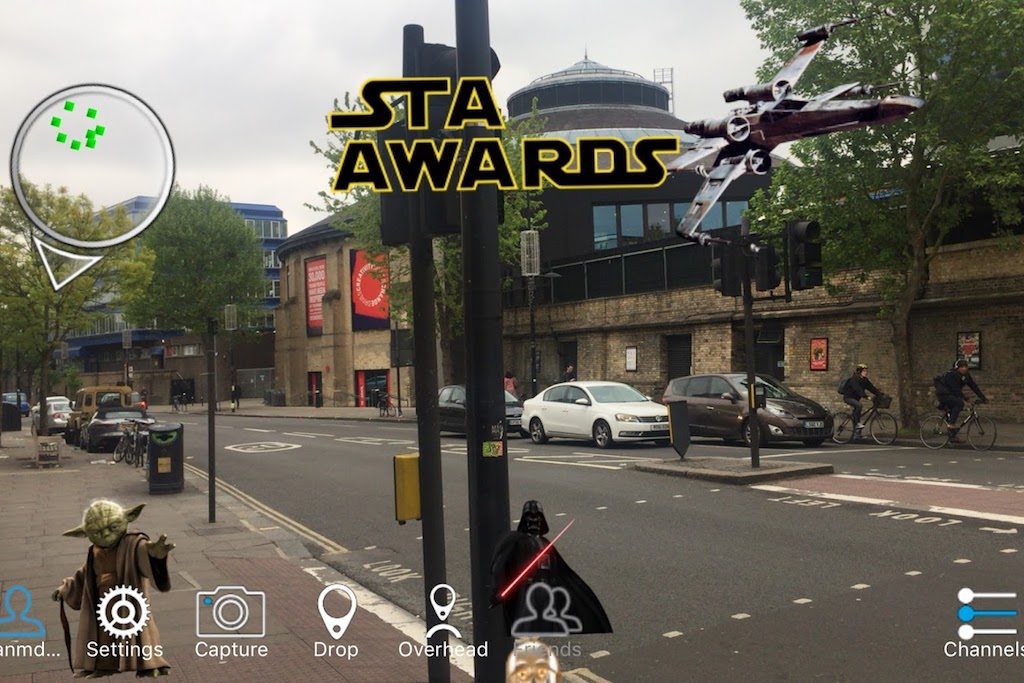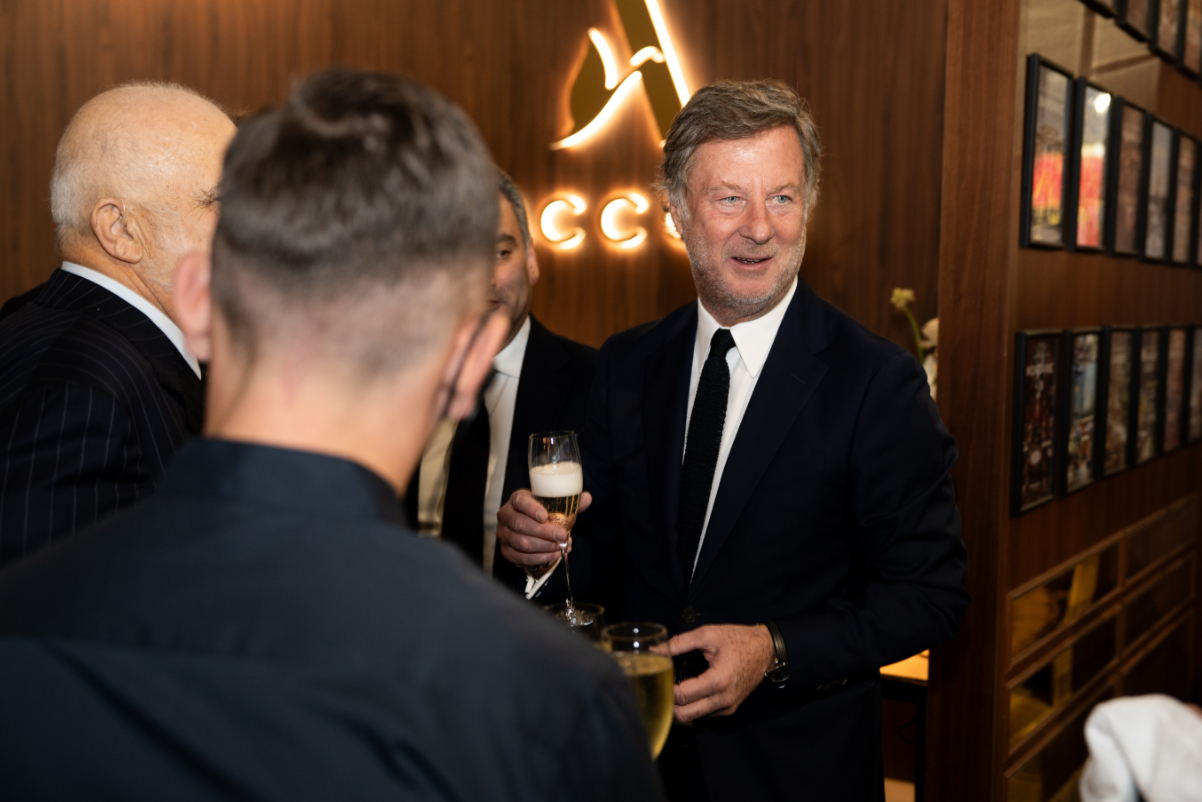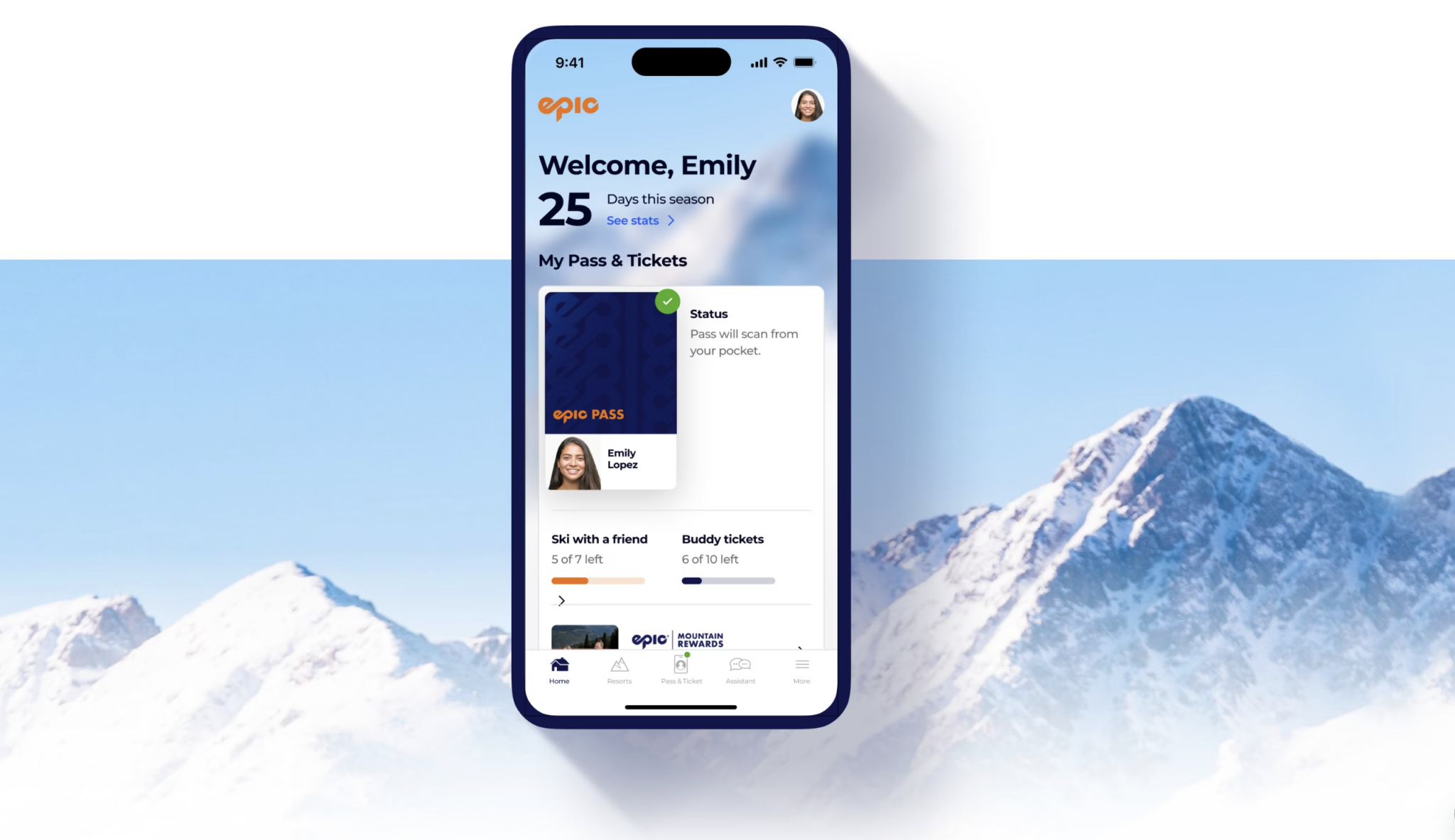How Augmented Reality Will Impact Meetings and Events

Skift Take
Thanks to Apple’s recent product launch event, augmented reality (AR) is getting a lot of attention these days. Apple’s next generation of phones — the iPhone 8, iPhone 8 Plus and iPhone X — will all carry Apple’s ARKit, a free iOS 11 software update that enables developers to create augmented reality applications that place digital objects in the real world.
With Apple’s ARKit and a similar technology by Google called ARCore, smartphones and tablets have been completely transformed and augmented reality is set to become a large part of our lives. In fact, TechCrunch predicted, “AR could become the primary driver of a $108 billion VR [virtual reality]/AR market by 2021, with AR taking the lion’s share of $83 billion and VR $25 billion.”
While augmented reality is often lumped into the same category as virtual reality, the technologies are actually different. Virtual reality completely transports a user into a virtual world. Augmented reality combines GPS and smartphone camera technology to project images and information onto the real world.
The hardware needed can also be very different: Virtual reality systems typically require some sort of headset. But augmented reality can be used with either wearables like Microsoft’s HoloLens glasses, or through a smartphone or tablet, which lends itself to use by groups in a shared space.
Without any additional gear, augmented reality creates an immersive experience and allows everyone in a room to experience the same thing and see the same images, making AR ideal for meetings and events.
“Augmented reality has the potential to add dimension to events that would take them to the next level — not just allowing for deeper engagement and more interaction, but creating solutions that provide a better overall attendee experience,” said Wilson Tang, VP of digital experience with FreemanXP.
Bringing ‘Star Wars’ to the Sports Technology Awards
Augmented reality has progressed light years since R2-D2 played a holographic plea from Princess Leia in “Star Wars IV: A New Hope.” In fact, AR is now being used to unveil and demonstrate new products at conferences, overlay product content at trade show booths, or engage event attendees through gamification and social media.
Or, as in the case of the most recent Sports Technology Awards (STA), augmented reality can help announce and provide information on award winners, drive attendance, and bring R2-D2, C-3PO, and other familiar “Star Wars” figures into their event.
Because the awards event was held on May 4th (also known as “Star Wars” day), organizers asked augmented reality technology firm skignz to create augmented content around the “Star Wars” theme. The 420 event attendees who had downloaded the skignz app and used their phones or tablets to scan the room saw a life-sized Yoda sitting next to them and the Millennium Falcon flying around London’s Roundhouse.
The partnership between the Sports Technology Awards and skignz started months before the actual event by giving the nominated companies a visual cue that they’d been shortlisted for the 19 award categories hours before the announcement was made public.
“We posted AR signage outside their offices and told people to download the AR app created for us by skignz, and scan their surroundings,” said Rebecca Hopkins, CEO and managing director of the Sports Technology Awards. “This was highly effective and generated a great response on social media.”
It also drove attendance and ticket sales as the “sky signs” created by skignz gave the nominees not only the information on when and where the awards would be held, but also a link on how to buy more tickets or reserve a table for the event. Skignz founder and CEO Si Brown said more than 300 people downloaded the app before or during the event.
On the day of the awards ceremony, skignz provided augmented reality table plans and menu information, directed attendees to videos of the winners in each category, and used the technology to engage attendees in some social media competitions involving those “Star Wars” characters. “We simply told them [skignz] what we wanted and they made it happen,” Hopkins said.
Hopkins said she’s a big fan of the technology and plans to include it in future STA events. “It is nimble, exciting and versatile. I was really surprised that we were the first event organizers to see its potential but I couldn’t be more delighted that we embraced it,” she said. “As the technology develops to include video, animation, and the ability to capture images, we would hope to make this a core part of the Sports Technology Awards DNA.”
For its part, Brown said his company’s goal is to make augmented reality a key component in event planning and to take interactivity at events to a whole other level.
“There’s a lot more we can do with it and we’re working with them to come up with a few more ideas to take it to the next level next year and test the boundaries of augmented reality,” Brown said. “We’re trying to make augmented reality an essential part of what they’re doing. As much as social media has become part of people’s marketing and delivery strategy, then why can’t AR?”




